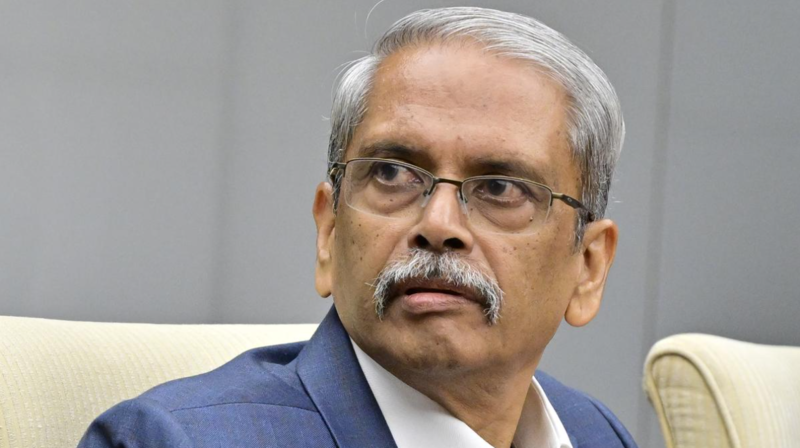Infosys Co-Founder and IISc Officials Booked Under SC/ST Atrocities Act in Faculty Complaint
Social Issues Social Inequalities and exclusionPosted by NewAdmin on 2025-01-29 09:53:01 |
Share: Facebook | Twitter | Whatsapp | Linkedin Visits: 27

A case has been registered against Infosys co-founder Senapathy Kris Gopalakrishnan and 17 members of the Indian Institute of Science (IISc) under the SC/ST (Prevention of Atrocities) Act following allegations of wrongful dismissal and caste-based discrimination. The complaint, filed by former faculty member Professor D. Sanna Durgappa, accuses the officials of orchestrating his termination through a fabricated honey trap case and subjecting him to casteist abuse.
Durgappa, who belongs to the Bovi community, was a faculty member at the Centre for Sustainable Technology at IISc. He approached the 71st City Civil and Sessions Court, which directed the Sadashivanagar police to register a case and initiate an investigation. The case was officially filed on January 27, 2025.
According to the complaint, the alleged harassment dates back to 2014, when Durgappa claims he was wrongfully dismissed from his position under false pretenses. He further alleges that he faced caste-based slurs and threats during his tenure. The list of accused individuals includes IISc officials such as Govindan Rangarajan, Sridhar Warrier, Sandya Vishwswaraih, Hari K V S, Dasappa, Balaram P, Hemalata Mhishi, Chattopadyaya K, Pradeep D Sawkar, and Manoharan.
Despite multiple attempts, neither IISc nor Kris Gopalakrishnan, who serves as a member of the IISc Board of Trustees, have issued any statements regarding the allegations. The case highlights ongoing concerns about workplace discrimination and caste-based biases in academic institutions, raising critical questions about the enforcement of anti-discrimination laws in elite educational spaces.
Legal experts point out that while the SC/ST (Prevention of Atrocities) Act is designed to protect marginalized communities from discrimination and mistreatment, the Supreme Court has clarified that not every perceived insult qualifies as an offense under the Act. The case is expected to undergo a detailed investigation to determine the validity of the claims.
As the legal proceedings unfold, the case has sparked discussions about caste-based injustices in higher education institutions. Advocates for social justice emphasize the need for stronger mechanisms to ensure that faculty and students from marginalized communities are treated equitably. Meanwhile, supporters of the accused argue that due process must be followed before drawing conclusions.
With the investigation now underway, all eyes will be on the findings of the police and the subsequent legal proceedings to determine the course of action in this high-profile case.
Search
Categories
Recent News
- Supreme Court Raises Alarm Over Activist's Health in Custody
- Andre Beteille: A Life Dedicated to Sociology's Evolution
- India's Cybercrime Fight: Billions Protected, Millions of Cases
- Bengaluru Siblings' Daring Escape: A Lesson in Communication
- Messi's Return to Roots: Newell's Daring Vision for 2027
- Hyderabad's Crime Rate Drops, But Challenges Remain
- Ferry Service Expansion: A Boost for Tourism in Tamil Nadu
- 'Culture Clash' in Adelaide: Racial Tensions Rise Over Park Usage
Popular News
- Navigating IPO Market Dynamics Amid Volatility and Regulatory Changes
- Massive Worldwide Microsoft Outage Disrupts Multiple Sectors
- Panjapur Bus Stand to Reshape TNSTC Routes
- తెలుగుదేశం పార్టీ - పేదరికాన్ని నిర్మూలించడంలో వాగ్దానం
- Universities Embrace Remote Learning Technologies Amidst Ongoing Pandemic